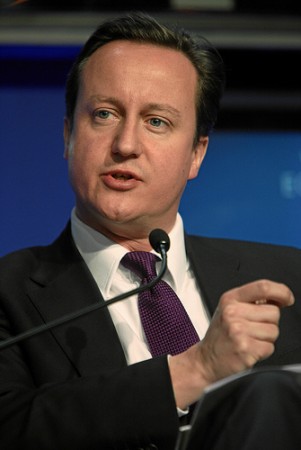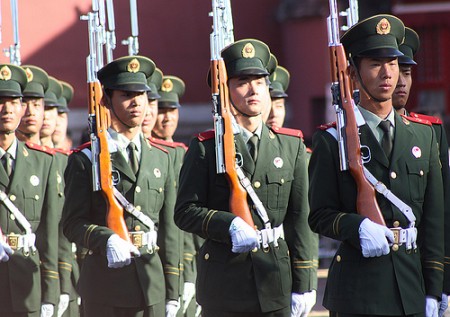
Their campaign slogan is “Vote for Change.” But in terms of foreign policy, if David Cameron’s Conservative Party maintain their opinion poll lead over Labour and go on to take office after the British general election on 6 May, change is likely to be conspicuous mostly by its absence. As The Economist pointed out last week, with the notable exception of Britain’s relations with the EU, “foreign policy is distinguished by the broad agreement it commands in Westminster […]. For the time being, politics, to a degree that some find heartening and others worryingly complacent, still stops at the water’s edge.”
Take Afghanistan, a war that bleeds popular support with every British fatality (281 now since 2001) but one that neither the Conservatives nor the Liberal Democrats – the UK’s third largest party (and possible kingmakers if voting ends in a stalemated ‘hung’ parliament) – offer to end Britain’s military involvement with any time soon. Indeed, and quite apart from any security fallout, a hasty withdrawal would deal a serious blow to the UK’s longstanding ‘special relationship’ with the US, which the Conservatives are (uncontroversially) committed to upholding.

